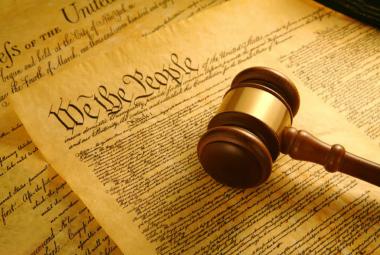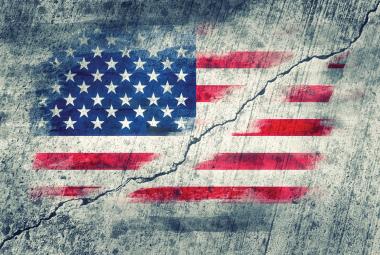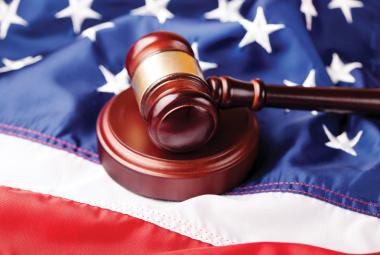“You Americans are so gullible…You won’t accept Communism outright, but we’ll keep feeding you small doses.”
— Khrushschev, 1959
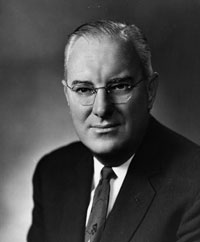 In an attempted to warn the nation, the Democrat Congressman from Florida, Albert S. Herlong, Jr., read into the U.S Congressional Record, January 10, 1963, the list of Communist goals for America (Vol 109, 88th Congress, 1st Session, Appendix, pp. A34–A35).
In an attempted to warn the nation, the Democrat Congressman from Florida, Albert S. Herlong, Jr., read into the U.S Congressional Record, January 10, 1963, the list of Communist goals for America (Vol 109, 88th Congress, 1st Session, Appendix, pp. A34–A35).
Communist goals included:
“Eliminate prayer or any phase of religious expression in the schools on the ground that it violates the principle of ‘separation of church and state’…
Discredit American culture … Discredit the family as an institution. Encourage promiscuity and divorce …”
Herlong continued the list of Communist goals:
“Present homosexuality, degeneracy and promiscuity as ‘normal, natural, healthy.’”
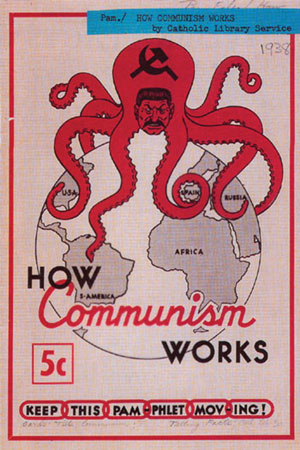 In 1950, members of the Communist Party USA helped form the Mattachine Society, the nation’s first homosexual rights organizations, which lobbied to repeal sodomy laws.
In 1950, members of the Communist Party USA helped form the Mattachine Society, the nation’s first homosexual rights organizations, which lobbied to repeal sodomy laws.
Communist goals also included:
“Infiltrate churches and replace revealed religion with ‘social’ religion …
Discredit the Bible and emphasize the need for intellectual maturity which does not need a ‘religious crutch’ …
… Control schools. Use them as transmission belts for socialism and current Communist propaganda …
Soften curriculum. Get control of teachers’ associations. Put party line in textbooks … Control student newspapers.”
 Soviet leader Nikita Khrushschev reportedly told Ezra Taft Benson, Eisenhower’s Secretary of Agriculture, in 1959:
Soviet leader Nikita Khrushschev reportedly told Ezra Taft Benson, Eisenhower’s Secretary of Agriculture, in 1959:
“Your children’s children will live under communism.
You Americans are so gullible. No, you won’t accept Communism outright, but we’ll keep feeding you small doses of Socialism until you will finally wake up and find that you already have Communism.
We won’t have to fight you; We’ll so weaken your economy, until you fall like overripe fruit into our hands.”
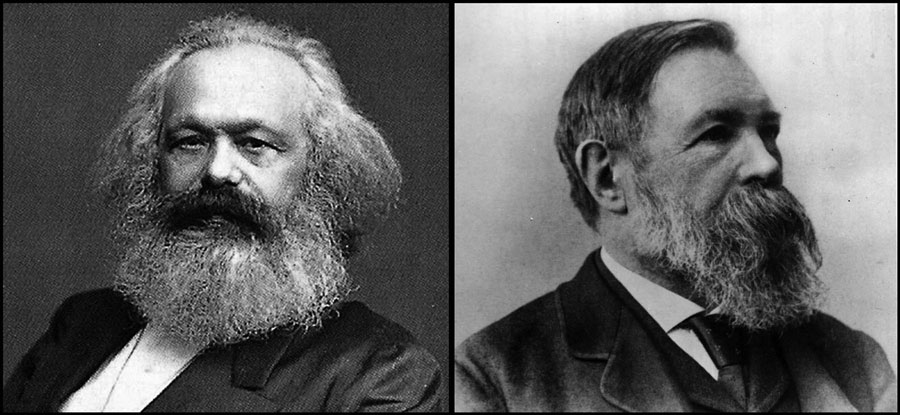
Karl Marx and Friedrich Engels explained (Marx and Engels Collected Works, Vol. 10, p. 318):
“It goes without saying that these conspirators by no means confine themselves to organizing the revolutionary proletariat. Their business consists in … spurring it in to artificial crises …
For them the only condition required for the revolution is a sufficient organization of their own conspiracy. They are the alchemists of the revolution.”
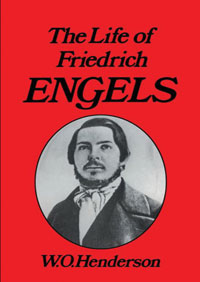 Friedrich Engels wrote (London: W.O. Henderson, The Life of Friedrich Engels, 1976; Outlines of a Critique of Political Economy, 1844):
Friedrich Engels wrote (London: W.O. Henderson, The Life of Friedrich Engels, 1976; Outlines of a Critique of Political Economy, 1844):
“Every new crisis must be more serious and more universal than the last. Every fresh slump must ruin more small capitalists and increase the workers who live only by their labor.
This will increase the number of the unemployed and this is the main problem that worries economists.
In the end commercial crises will lead to a social revolution far beyond the comprehension of the economists with their scholastic wisdom.”
 In 1961, the American Medical Association sponsored an Operation Coffeecup Campaign, which included an LP recording: “Ronald Reagan Speaks Out Against Socialized Medicine.”
In 1961, the American Medical Association sponsored an Operation Coffeecup Campaign, which included an LP recording: “Ronald Reagan Speaks Out Against Socialized Medicine.”
Reagan stated:
“Now back in 1927 an American socialist, Norman Thomas, six times candidate for president on the Socialist Party ticket, said the American people would never vote for socialism.
But he said under the name of liberalism the American people will adopt every fragment of the socialist program …
… One of the traditional methods of imposing statism or socialism on a people has been by way of medicine. It’s very easy to disguise a medical program as a humanitarian project …
Madison in 1788 … said … ‘There are more instances of the abridgment of the freedom of the people by gradual and silent encroachment of those in power, than by violent and sudden usurpations’ …
We want no further encroachment on these individual liberties and freedoms … We do not want socialized medicine …
… If you don’t, this program I promise you will pass … and behind it will come other federal programs that will invade every area of freedom as we have known … until, one day … we will awake to find that we have socialism.
… And … you and I are going to spend our sunset years telling our children and our children’s children, what it once was like in America when men were free.”
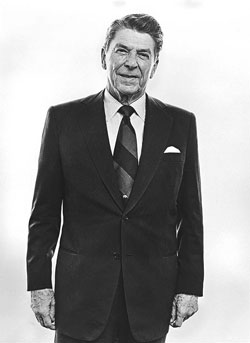 On August 11, 1984, by an 88–11 Senate vote and a 337–77 House vote, Congress passed the Equal Access Act, stating:
On August 11, 1984, by an 88–11 Senate vote and a 337–77 House vote, Congress passed the Equal Access Act, stating:
“It shall be unlawful for any public secondary school which receives Federal financial assistance and which has a limited open forum, to deny equal access or a fair opportunity to, or discriminate against, any students who wish to conduct a meeting within that limited open forum on the basis of the religious, political, philosophical, or other content of the speech at such meeting.”
Regarding this, President Reagan commented August 23, 1984 at Reunion Arena, Dallas, Texas:
“We even had to pass a special law in the Congress just a few weeks ago to allow student prayer groups the same access to school rooms after classes that a Young Marxist Society … would already enjoy.”
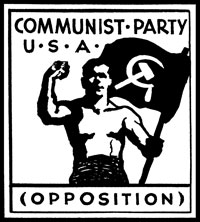 The Supreme Court upheld the Equal Access Act by a vote of 8–1 in Westside Community Schools v. Mergens, June 4, 1990:
The Supreme Court upheld the Equal Access Act by a vote of 8–1 in Westside Community Schools v. Mergens, June 4, 1990:
“If a State refused to let religious groups use facilities open to others, then it would demonstrate not neutrality but hostility toward religion.
The Establishment Clause does not license government to treat religion and those who teach or practice it … as subversive of American ideals.”
Ronald Reagan stated in a radio address, February 25, 1984:
“Former Supreme Court Justice Potter Stewart noted if religious exercises are held to be impermissible activity in schools, religion is placed at an artificial and state-created disadvantage.
Permission for such exercises for those who want them is necessary if the schools are truly to be neutral in the matter of religion.
And a refusal to permit them is seen not as the realization of state neutrality, but rather as the establishment of a religion of secularism.”
U.S. District Court, Crockett v. Sorenson, W.D. Va,. 1983:
“The First Amendment was never intended to insulate our public institutions from any mention of God, the Bible or religion.
When such insulation occurs, another religion, such as secular humanism, is effectively established.”
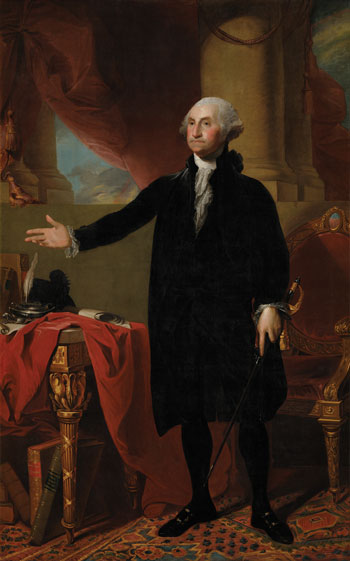
This is a copy of Stuart's portrait of George
Washington, hanging in the White House. It
can be identified as a copy by the intentionally
misspelled "United States" on the book in the
lower left. The original is on display in the US
National Portrait Gallery.
This reaffirmed what George Washington wrote to the United Baptist Churches of Virginia, May 10, 1789:
“If I could have entertained the slightest apprehension that the Constitution framed by the Convention, where I had the honor to preside, might possibly endanger the religious rights of any ecclesiastical Society, certainly I would never have placed my signature to it.”
Ronald Reagan, on the National Day of Prayer, May 6, 1982, commented:
“Well-meaning Americans in the name of freedom have taken freedom away. For the sake of religious tolerance, they’ve forbidden religious practice.”
Ronald Reagan told the Annual Convention of the National Religious Broadcasters, January 30, 1984:
“I was pleased last year to proclaim 1983 the Year of the Bible.
But, you know, a group called the ACLU severely criticized me for doing that. Well, I wear their indictment like a badge of honor.”
In the Supreme Court case of Town of Greece, NY, v. Galloway et al, Justice Kennedy wrote in the decision, May 5, 2014:
“Respondents maintain that prayer must be nonsectarian … and they fault the town for permitting guest chaplains to deliver prayers that ‘use overtly Christian terms’ or ‘invoke specifics of Christian theology’ …
An insistence on nonsectarian or ecumenical prayer as a single, fixed standard is not consistent with the tradition of legislative prayer …
… The Congress that drafted the First Amendment would have been accustomed to invocations containing explicitly religious themes of the sort respondents find objectionable.
One of the Senate’s first chaplains, the Rev. William White, gave prayers in a series that included the Lord’s Prayer, the Collect for Ash Wednesday, prayers for peace and grace, a general thanksgiving, St. Chrysostom’s Prayer, and a prayer seeking ‘the grace of our Lord Jesus Christ, &c …’”
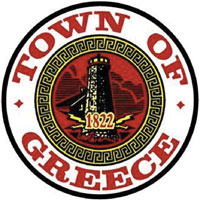 Justice Kennedy continued in Greece v. Galloway, May 5, 2014:
Justice Kennedy continued in Greece v. Galloway, May 5, 2014:
“The decidedly Christian nature of these prayers must not be dismissed as the relic of a time when our Nation was less pluralistic than it is today.
Congress continues to permit its appointed and visiting chaplains to express themselves in a religious idiom …
To hold that invocations must be nonsectarian would force the legislatures … and the courts … to act as … censors of religious speech …
Government may not mandate a civic religion that stifles any but the most generic reference to the sacred any more than it may prescribe a religious orthodoxy …”
Justice Kennedy added in Greece v. Galloway:
“Respondents argue, in effect, that legislative prayer may be addressed only to a generic God.
The law and the Court could not draw this line for each specific prayer or seek to require ministers to set aside their nuanced and deeply personal beliefs for vague and artificial ones.
There is doubt, in any event, that consensus might be reached as to what qualifies as generic or nonsectarian …”
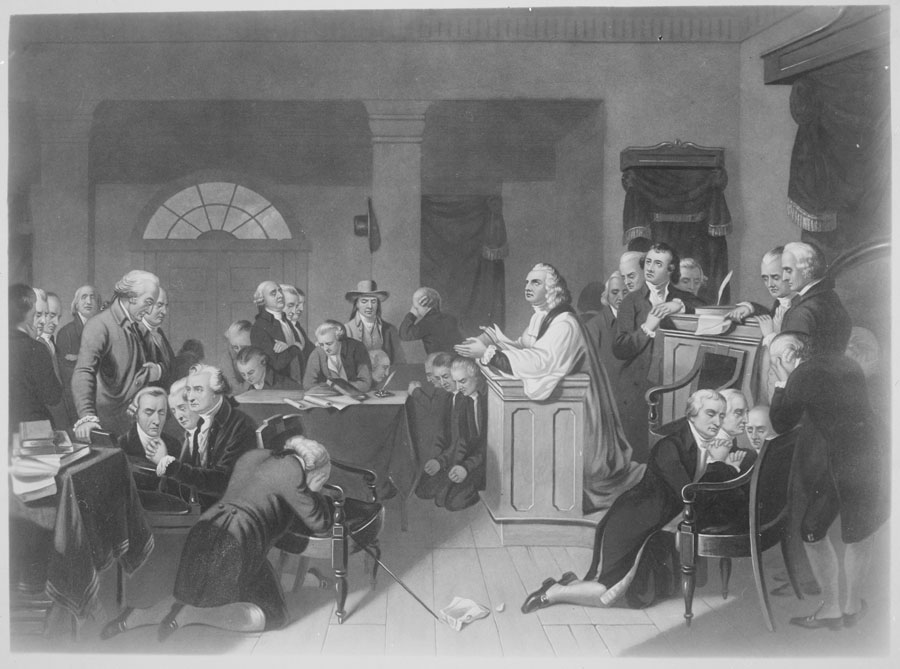
Original painting by Tompkins Harrison Matteson, 1848.
Kennedy continued:
“While these prayers vary in their degree of religiosity, they often seek peace for the Nation, wisdom for its lawmakers, and justice for its people, values that count as universal and that are embodied not only in religious traditions, but in our founding documents and laws …
… The first prayer delivered to the Continental Congress by the Rev. Jacob Duché on Sept. 7, 1774, provides an example:
‘Be Thou present O God of Wisdom and direct the counsel of this Honorable Assembly; enable them to settle all things on the best and surest foundations; that the scene of blood may be speedily closed; that Order, Harmony, and Peace be effectually restored, and the Truth and Justice, Religion and Piety, prevail and flourish among the people.
Preserve the health of their bodies, and the vigor of their minds, shower down on them, and the millions they here represent, such temporal Blessings as Thou seest expedient for them in this world, and crown them with everlasting Glory in the world to come.
All this we ask in the name and through the merits of Jesus Christ, Thy Son and our Saviour, Amen …’”
Justice Kennedy concluded his Greece v. Galloway decision, May 5, 2014:
“From the earliest days of the Nation, these invocations have been addressed to assemblies comprising many different creeds …
Our tradition assumes that adult citizens, firm in their own beliefs, can tolerate and perhaps appreciate a ceremonial prayer delivered by a person of a different faith.”


